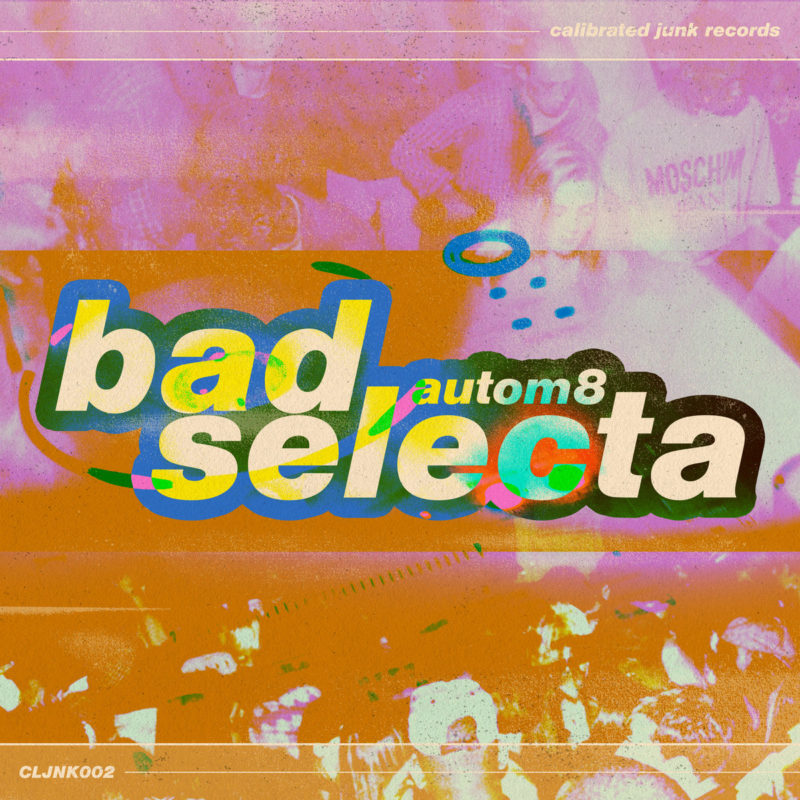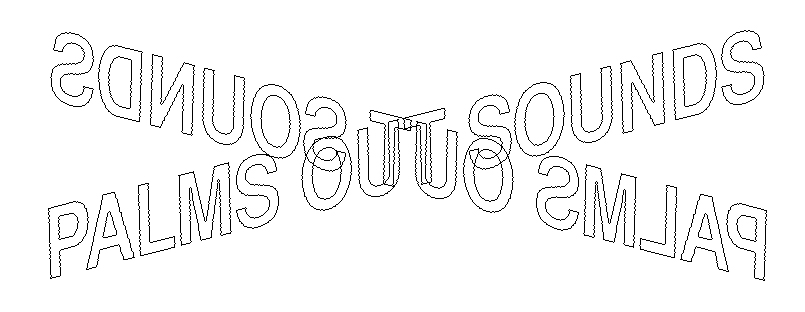
autom8 is an artist from Portland, OR, writing uncompromising hi-NRG jungle. Authentic jungle vibes from the Pacific Northwest—hard to imagine writing that phrase so casually in 1994. I don’t know a whole lot else about automat8, but they’re clearly a dyed-in-the-wool fan of the genre; so much so that they even chose for themselves the kind of pseudonym you might have seen scribbled on a dub plate cut at Music House 30 years ago.
A few years ago, during the first lock-down, I stumbled across the 1994 BBC documentary Jungle Fever. The film has its high points and low, but in addition to serving as a nice piece of an important historical record, it features some interviews with novelist Koushik Banerjea (then a lecturer at Goldsmiths). At one point in the film, in response to a question about criticism of jungle as glamorizing violence, he explains the following:
If it’s a reflection on the reality which an individual seeks to portray through his or her music, then I cannot see how it can be a negative thing. [Jungle artists] feed a mainstream, predominantly white fantasy about the lifestyles and the primary definers of Blackness in Britain; the way in which young black men are seen to be running wild. And if, by feeding into this fantasy, artists embracing the so-called gangster genre can make money, then that is deeply subversive.
Later in the film, Banerjea continues:
It goes back to my argument about the redefinition of Britishness. The sense of Britishness, the British nation, and British culture. For the first time, you’re probably seeing all of those things being redefined on Black terms. That in itself is a radical departure from what you’ve witnessed before.
I imagine it would be jarring for the originators in that film like Shy FX, Gunsmoke, MC Lenny, and UK Apachi, had they been given a window into the future to be able to witness the nature and breadth of jungle’s current popular resurgence. I corresponded a little with him after I saw the film, and while we didn’t discuss this directly, I suspect the Banerjea of 1994 might not have found it totally surprising had he been told that jungle would become fully international (or globalized) music with virtually none of the associations of “gangster music” remaining; that it would be sound-tracking American Grammy Award winners, and its building blocks used by some in a manner transcending even the pastiche. After all, this isn’t jungle’s first spell in the mainstream.
For as much as jungle was synonymous with Britishness, having indeed redefined those notions on Black terms much in the way that hip hop had a decade earlier for the US, it was itself already a product of a global imperial diaspora. As Simon Reynolds has noted, jungle may be best described stylistically as the convergence of UK rave and Jamaican dub, with its “spatialised production, bass quake pressure and battery of extreme sonic effects.” Perhaps as a genre born of globalization, it was nearly inevitable that it would be adopted and readopted by one generation after another, with little regard to geography, or eventually even to race and culture. It’s not unique in that way, obviously (see nearly any other genre of dance music, all owing their very existence to the hyper creativity of Black youth sharing sensibilities with their immediate neighbors in one city or another), but maybe it again serves as a reminder that nothing can be contained in the post-internet age, and maybe embracing that futility is the only way to ensure the originators of a genre at least get some flowers.
autom8 has generously provided a free download of one of their tracks, “Bad Selecta”. The song’s name may be a gentle acknowledgement that they are borrowing from a culture in which they weren’t around to participate, but of which they mean to be a diligent student.
Find all of autom8’s admiring tributes on bandcamp or on streaming platforms.
autom8 – “Bad Selecta” (mp3)
autom8 – “Show U” (bc)
autom8 – “B4DB0Y S0UND” (bc)

